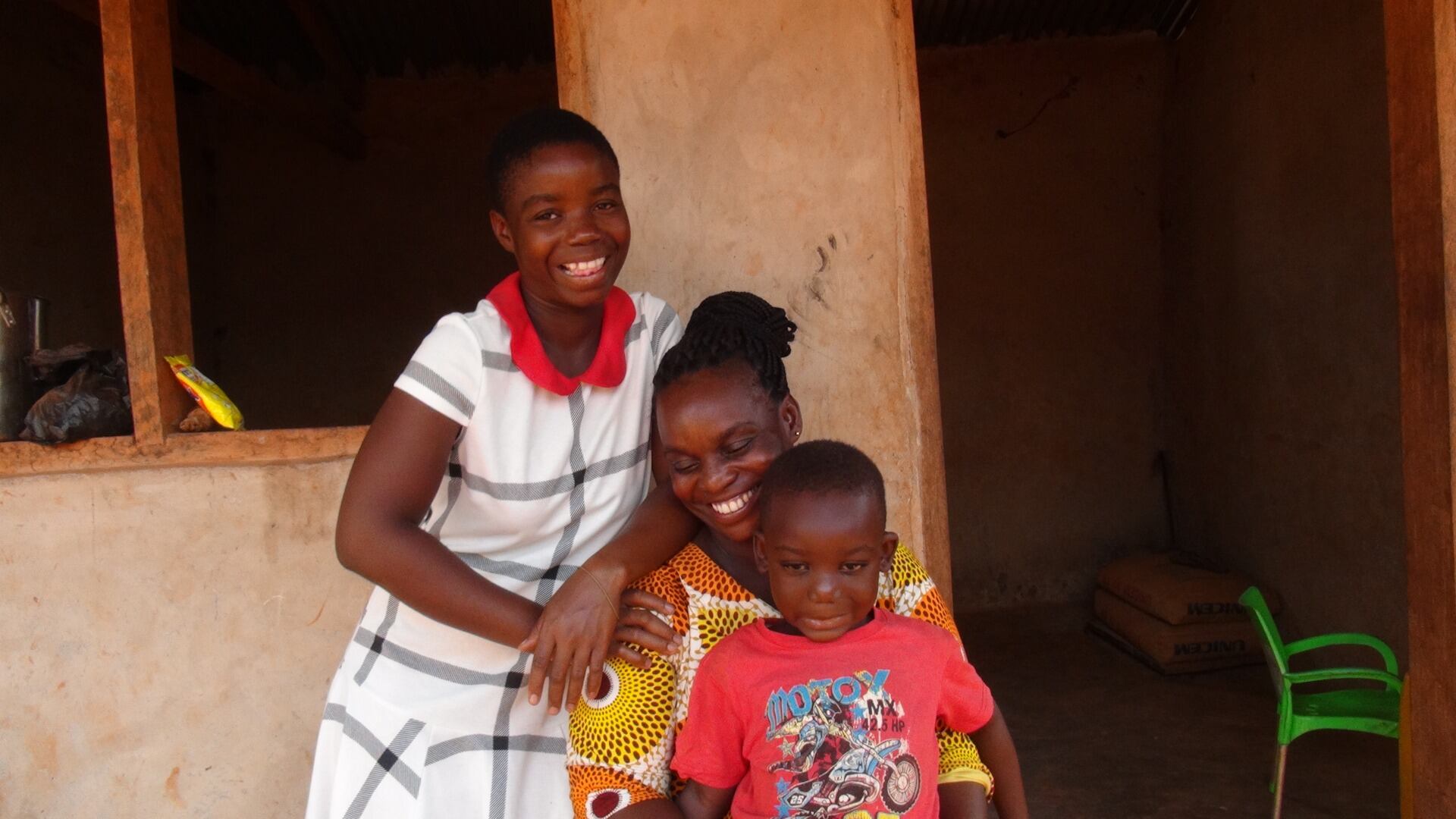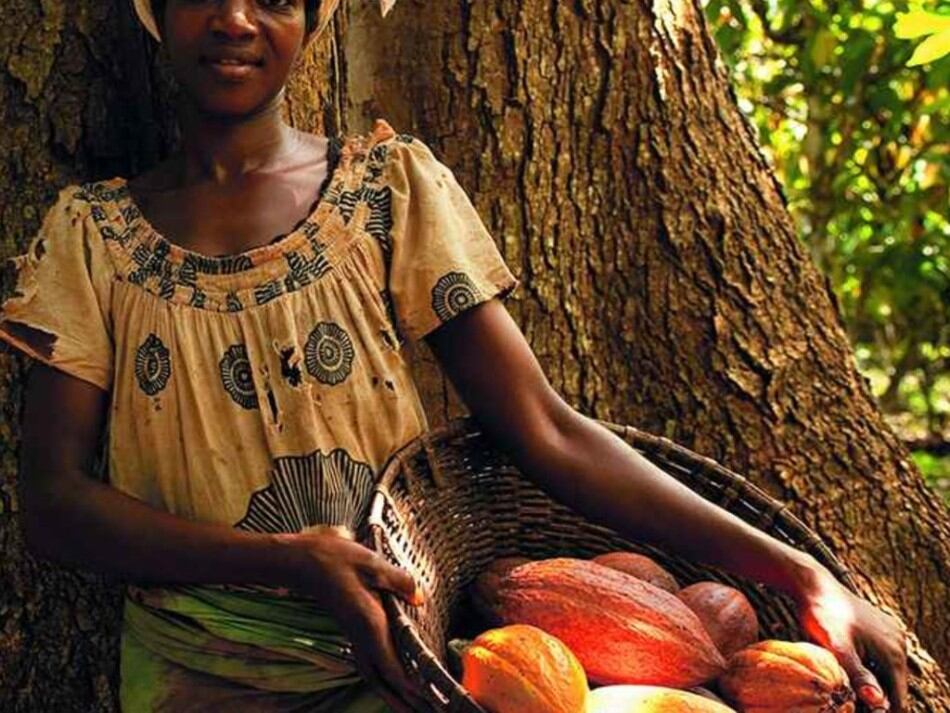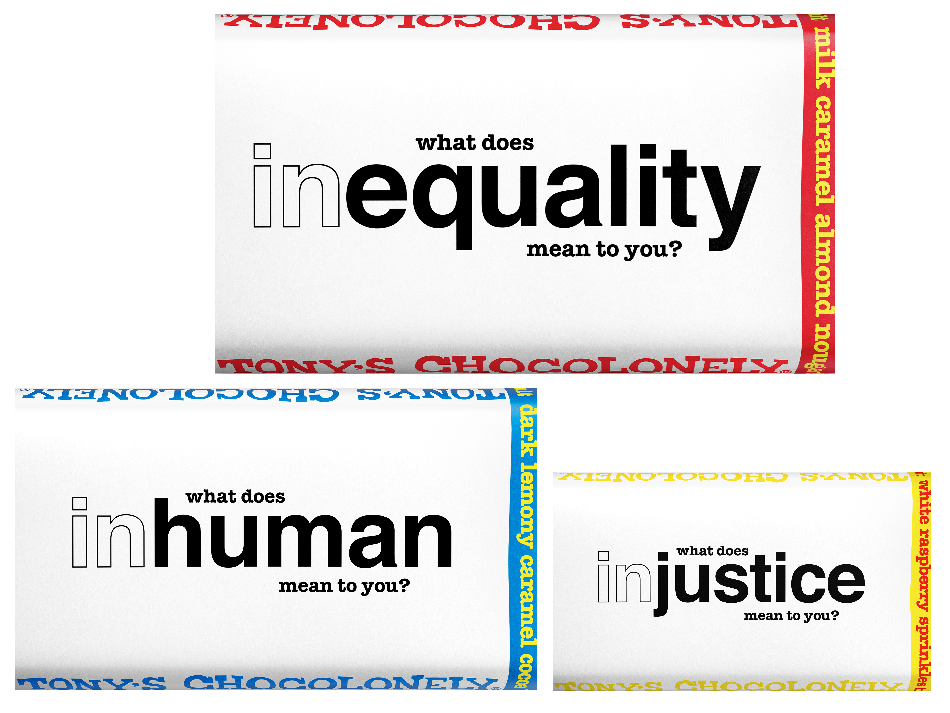The study, carried out by the ICI, is the first of its kind to measure the impact of a cash transfer programme for cocoa farmers on child labour.
The randomised experiment involved over 600 families in Ghana’s Brong-Ahafo and Eastern regions, who received cash transfers for six months. It examined the effects of the cash transfer of around $30 per month on both households and children.
Its key findings include:
- Cash transfers allowed households to build up wealth and made them more resilient to adverse events such as illness or income loss. Such shocks were experienced by around two thirds of the households in the sample; but were much less likely to translate into situations of stress if the household received a cash transfer.
- Cash transfers reduced the prevalence of hazardous child labour by 9.3 percentage points.
- Children's material wellbeing improved, as measured by basic material needs items owned by a child.
- The cash transfers protected children against adverse events experienced by the household and prevented households from using child labour to cope with unexpected negative events.
The research showed the cash transfers made households more resilient to unexpected adverse events. Households that did not receive the cash transfer were significantly more likely to resort to negative coping strategies, such as reducing the family’s food consumption or using child labour.
Yaw Donkor, a farmer from Sankore and one of the recipients of the cash transfer programme, explained how the scheme helped him and his family when he was unable to work for several months.
“I was seriously sick. I had some issues with my eyes…if not for the money I have no idea how my children and I would have survived that period.”
Reductions in child labour
The study revealed cash transfers reduced child labour by 9 percentage points – this corresponds to a substantial decrease from a prevalence rate of 58% in the sample.
“The results of this study are very encouraging. Regular cash transfers have helped to protect children during a difficult period when many families were struggling to make ends meet. During the six month pilot, child labour significantly reduced. These results demonstrate the important role of income in tackling child labour, but also that it cannot solve the issue alone – even after the programme, child labour prevalence remained relatively high at around 50%. Income support needs to be one part of a broader set of measures to prevent and address child labour,” said Matthias Lange, ICI’s Executive Director.
Covid pandemic
The study occurred during the Covid pandemic, which posed additional difficulties for most households. The authors said farmers reported a drop in earnings from small business activities, obstacles to reaching markets and challenges finding affordable adult labour. “At times of heightened vulnerability such as this, social protection systems are vital.”
This impact study was conducted as part of an innovation project funded in part by the Swiss State Secretariat for Economic Affairs (SECO) in the scope of the Swiss Platform for Sustainable Cocoa (SWISSCO). ICI implemented the cash transfer programme in partnership with ECOM.
“During the design of the project, we consulted with experts from LEAP – Ghana’s national cash transfer programme, who provided valuable feedback on the design of the project,” said Megan Passey, Head of Knowledge and Learning at ICI.
- Read the full report: Cash transfers, resilience and child labour in Ghana



